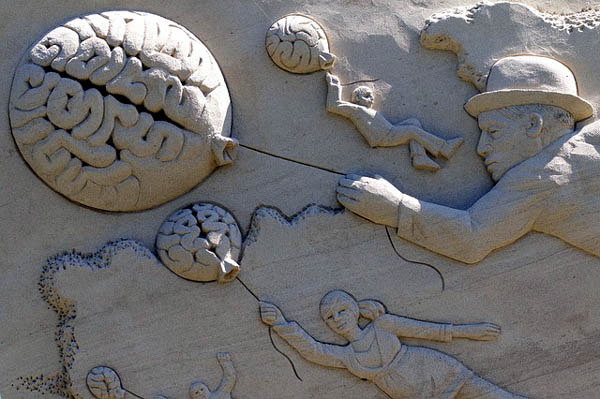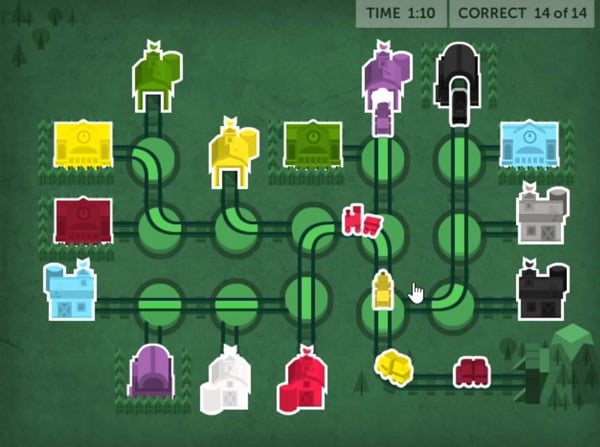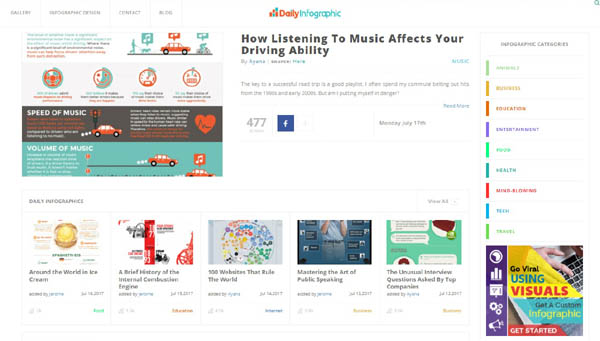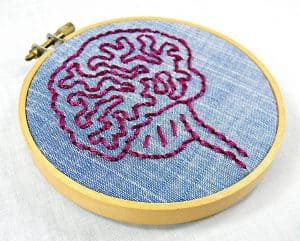Ways to learn things longer!!
How To Learn Something New Everyday In 15 Minutes (Or Less)






| source:Nov 15th, 2017
*This post contains affiliate links. Signing up for some of these services may send commissions to us at no extra cost to you. It helps to sustain the time,effort, and love we put into this site. Thanks!
As children we were encouraged to learn something new every day. We did experiments at school, took part in extra-curricular activities, and joined cultural and activist groups during our college years.
Then something happened:
Adulthood.
We went from being curious children to adults dedicated to a 9-5 job (which the majority of us find unrewarding), adopting routines that rarely ever change.
Benedict Carey, author of the book How We Learn, says that routine limits our brain’s ability to learn new skills and knowledge. This is worrisome because learning new things is important for our happiness.
Why Learning New Things Is Crucial for Happiness
You may have heard that the “brain is like a muscle.” Just like other muscles, you have to exercise the brain by learning new things. Yes, there is ample research which shows that learning helps build neuron connections and can stave off diseases like Parkinson’s. But there is a lot more to learning new things than just making the brain stronger. The act of learning actually makes us happier.
As Belle Beth Cooper writes about in her post on “Why New Things Make Us Feel So Good”, there is a section in the brain known as the SN/VTA.
The SN/VTA part of the brain is linked to the learning and memory parts, but it is best known as the “novelty center” because it lights up when exposed to new stimuli. You experience a rush of dopamine, which is one of the chemicals that motivates us towards rewards.
Here is what happens:
- You experience something new.
- The “novelty center” of your brain is activated.
- You get a rush of dopamine.
- Dopamine motivates you to follow through with the new thing.
- You get another rush of dopamine when you finish the activity.
It is no surprise then that research has found dopamine is closely linked to the learning process. In short, learning new things stimulates happiness chemicals brain.
Other Benefits of Learning Something New

- Learning Makes You More Interesting to Others: You’ll always have something to talk about at parties.
- Can Relate to More People: The more you know, the more likely you are to find something in common with others. Empathy also helps bridge gaps in communication.
- Builds Self-Esteem: Practice makes perfect, and when we see ourselves mastering new knowledge and skills, we build self-efficacy. Self efficacy is our own faith that we can succeed at a given task, which closely overlaps with self-esteem and confidence.
- You’ll Make More Friends: Because of the benefits of learning listed above, you’ll find it easier to meet people and make friends. Social interactions are essential for our happiness, so learning really does pay off in the long run!
- Sets a Good Example: If you want your kids and loved ones to reap the same benefits of learning, lead by example!
- Earn More Money: Depending on what you learn, you might build both technical or soft skills to advance your career.

- Find a More Rewarding Career: It isn’t money which motivates us –having a sense of purpose motivates. Learning new skills makes you better-rounded so you can more easily find what you love to do.
- Empowering: Learning gives you the information you need to make better informed decisions in life.
- You’ll Learn Easier and Faster: The more you practice learning, the denser the myelin white matter of your brain becomes and the stronger your neural pathways become.
- Learning Fuels Creativity: As Positive Psychology champion Vanessa King says, ideas come from seemingly unrelated things. Learning new things can trigger ideas in other areas.
How to Learn Something New Right Now
Learning can be broken down into short-term and long-term learning. If you don’t necessarily want to embark on a big endeavor (such as learning to play an instrument), your brain can still benefit from learning smaller bits of information on a daily basis. Here are some ways to do that.
1. Watch Ted ED
Ted Talks are famous for bringing a huge amount of topics by innovative thinkers. Ted Ed takes learning a step further with engaging video lessons. Topics range from “the scientific way to cut a cake” to “how money laundering works.”
2. Play GeoGuessr
Americans are notoriously bad at geography, but the rest of the world probably isn’t too much better. The game GeoGuessr takes a unique approach to learning geography. You are shown a Google Maps photo and have to guess where it is. You might just find yourself saying things like, “Huh, I didn’t know that Afghanistan has such green forests!” It’s free to play.
3. Train Your Brain at Lumosity
Brought to you by scientists and game developers, Lumosity has a great collection of cognitive games you can play. You might not learn a concrete fact, but your brain will be challenged and grow!

4. Follow Curiosity
Curiosity is a website which inspires people to get smarter. They do it by finding the most interesting news on a variety of topics. Just click what topic you are interested in learning about and you’ll find fascinating articles and videos.
5. Build Your Vocabulary
A large vocabulary is not only impressive, but it allows you to express yourself better. Remember the book 1984 and how they started cutting words from the language as a form of mind control? Well, that’s the power of vocab! The website Vocabulary.com has come up with an adaptive learning game to help you learn more words easily.

6. Follow Daily Infographic
No brainer right? Humans process visuals quickly: It takes less than 1/10 of a second for your brain to get a sense of a visual. Absorbing new information using infographics is a quick and easy way to learn. Visual learning not only decreases comprehension time, but sticks around longer in our memories. On Daily Infographic you can spend 15 minutes per day perusing an infographic on a topic of your choice.

Ways to Learn Long Term Skills
Ready to take on a bigger challenge? Learning new skills that require a longer-term commitment can be even more rewarding and stimulating for the brain. Every day, you build on what you learned the day before until you reach a level of mastery. Here are just some ideas of things you can start learning and where to start.
Online courses have the benefit of being comprehensive, guided learning experiences set at your own pace. One of the biggest hurdles of signing up for online courses is completion. Instead of finding larger blocks of time to power through courses, try to set aside a minimum of 15 minutes a day to work through courses. Steady wins the race!
